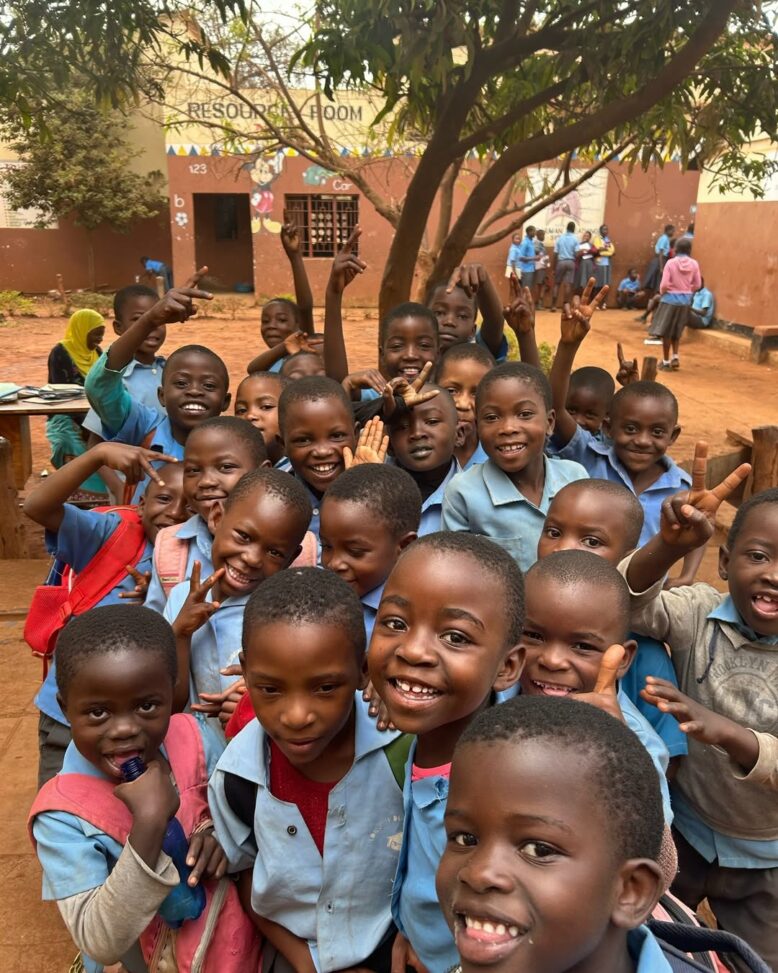
Seibo receives regular updates from Mr. Naoki Kimura, currently stationed in Malawi as a JICA volunteer. Among these updates, Mr. Kimura has provided insights into education, particularly special needs education classes, and discussed upcoming educational challenges.
Differences Between Malawi and Japan’s Education Systems
There are several notable differences between Malawi and Japan’s education systems. First, in Malawi, primary schools follow a 1-8 year system, with exams held at the end of each term. Students must pass these exams to progress to the next grade, emphasizing academic achievement and posing challenges in maintaining motivation.
Malawi also has lower enrollment rates, lacks preschools, and starts formal schooling abruptly from grade one. Failing entrance exams results in repeating the grade, and the number of subjects required varies by grade, including options like Bible studies and agriculture.
Regarding language instruction, Chichewa is used up to grade four, transitioning to English from grade five onward. Many students struggle with English classes as they primarily use Chichewa in daily life. Moreover, children from wealthier families are more likely to have opportunities to learn English, contributing to generally low English proficiency across the board.
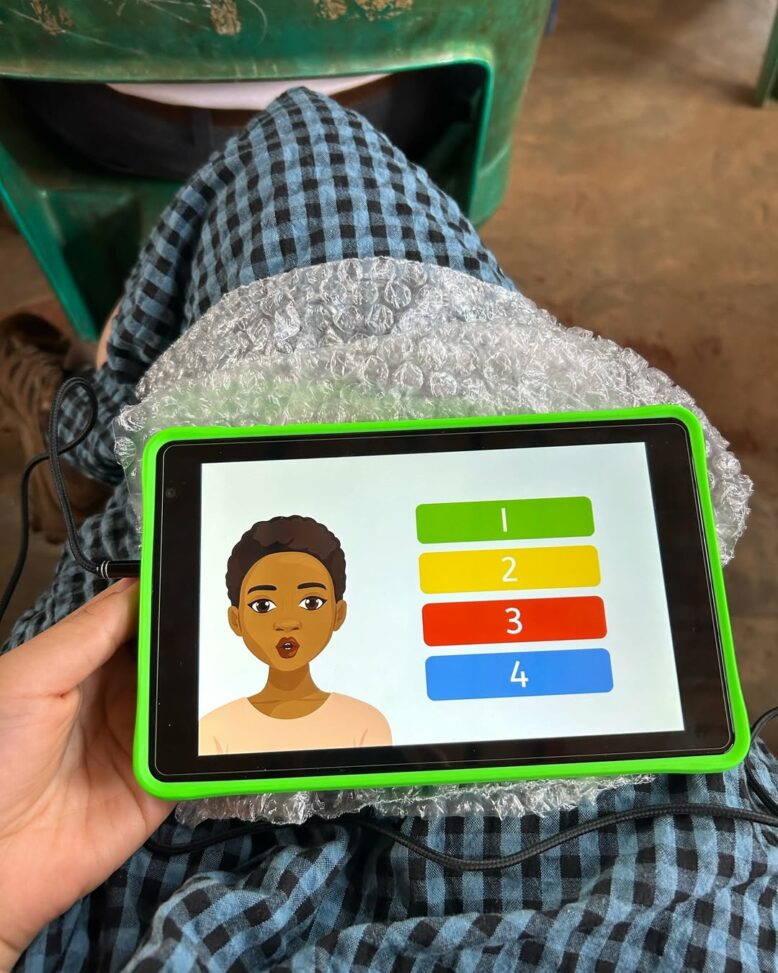
School Environment and Meals
In many schools in Malawi, breakfast and lunch are not provided, and it is common for students to bring snacks instead. Private schools are primarily attended by children from wealthy families, highlighting the economic disparity in education. Compared to the well-structured Japanese school system, this contrast is quite evident.
Impact of Rain and Infrastructure
One major reason children in Malawi cannot attend school is the difficulty of commuting during the rainy season. Poor infrastructure makes transportation challenging, especially for families without access to vehicles.
Additionally, January and February are harvest months, a time when food shortages are common. With little concept of savings or stockpiling, people focus on surviving day by day. This mindset makes it difficult for the impoverished to benefit from selling stored crops at higher prices, potentially leading to a cycle of poverty.
Current State of Special Needs Education
In special needs education, children with various disabilities learn together, but meeting their diverse needs remains a challenge. For example, in a single class of 99 students from grades 1 to 3, some have mild disabilities, yet teachers struggle to provide adequate support. This has also led to decreased teacher motivation.
Although special education classes exist, practical teaching methods have not been widely implemented. Since these classes only started around 2010, further teacher training is essential.
The Need for Inclusive Education
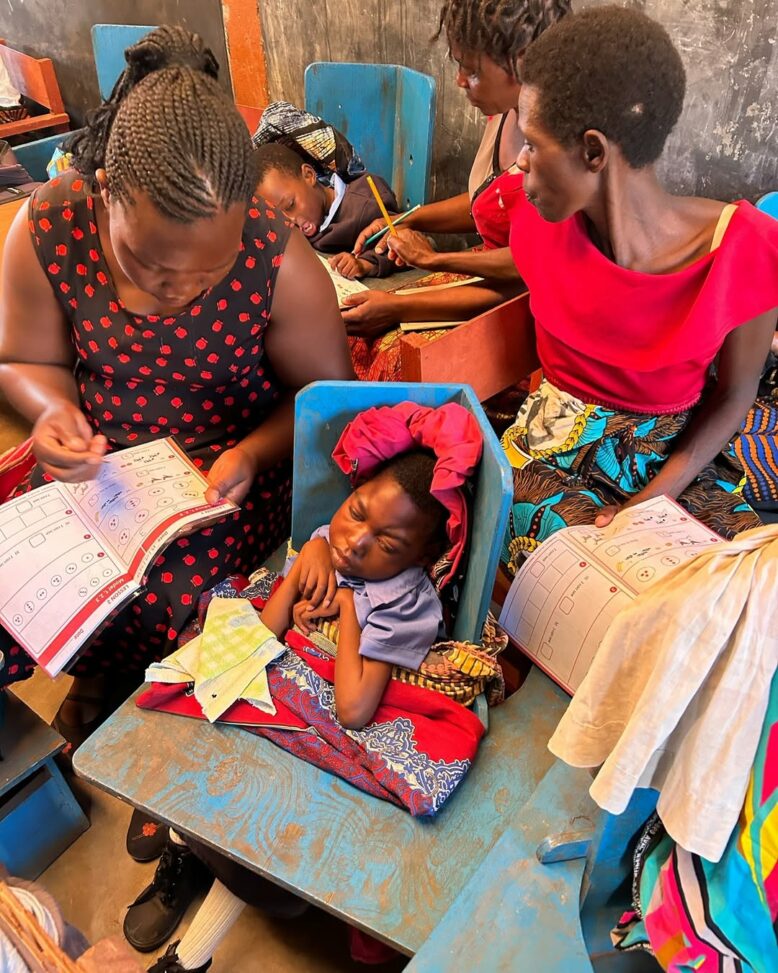 There is a growing call for inclusive education that accommodates children with disabilities. However, Malawi lacks an adequate support system for children with disabilities. At present, different children are simply grouped together, and parents are often satisfied with this arrangement, which poses a significant challenge.
There is a growing call for inclusive education that accommodates children with disabilities. However, Malawi lacks an adequate support system for children with disabilities. At present, different children are simply grouped together, and parents are often satisfied with this arrangement, which poses a significant challenge.
Changing this reality requires government policy reforms, but this is not easy. It is crucial to explore how Japan can contribute specific educational support strategies. Since short-term projects may not yield significant results, a sustainable approach to educational support is necessary.
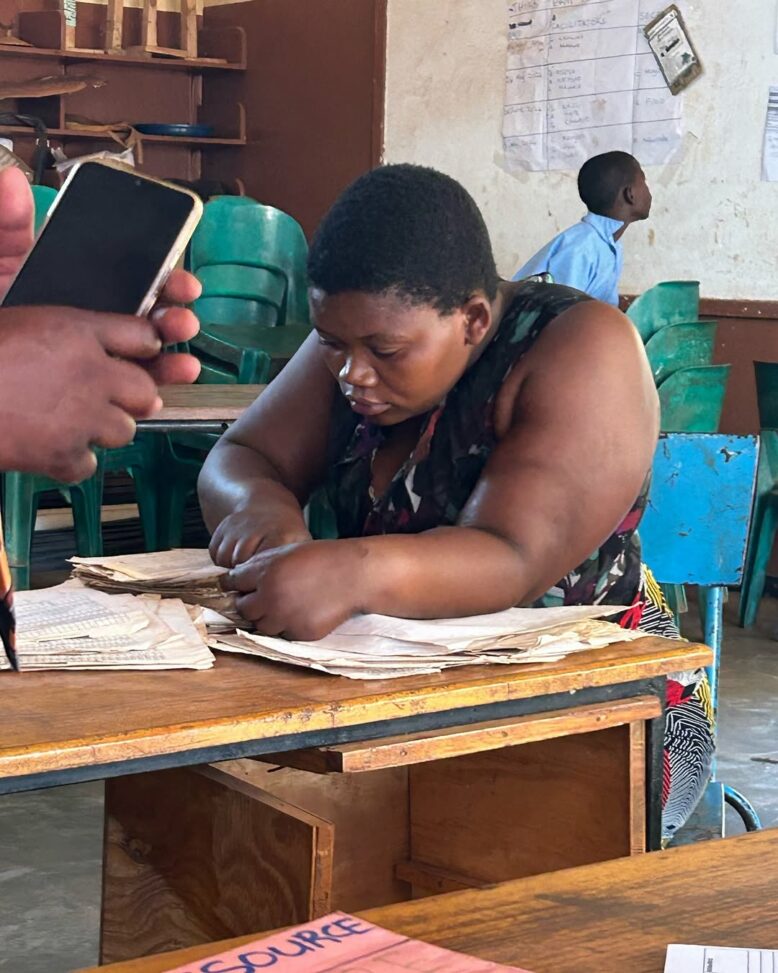
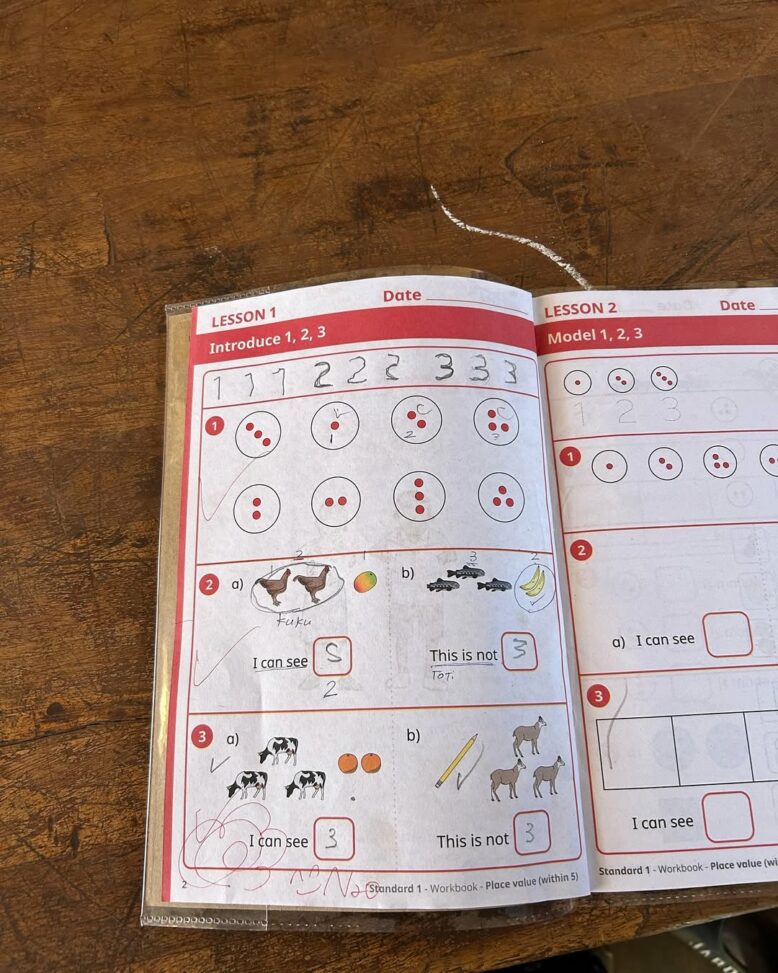
Potential Support from Japan
In Japanese special education schools, individual learning goals are set, and each class of 30 students is supported by six teachers. While there is hope for introducing such a system in Malawi, many challenges remain.
Malawian teachers often struggle to provide individualized support, and teaching the same material to students with disabilities may not always be effective. With limited opportunities for higher education and employment, many students may struggle to find meaning in their education.
For some students, attending school is their only opportunity to socialize with friends. Therefore, it is crucial to consider whether the education provided is genuinely beneficial to them.


